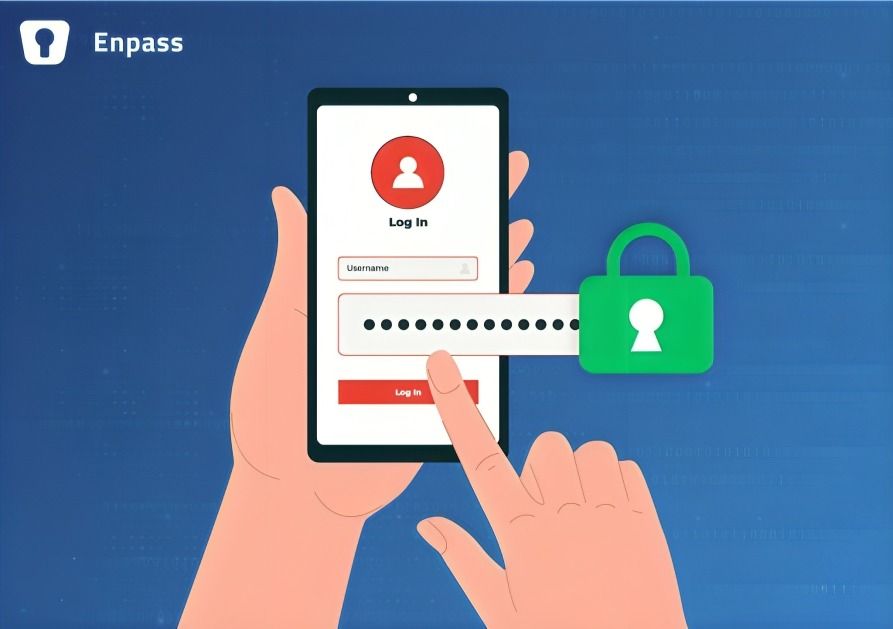
“
In today's digital age, it's essential to Check with Adults Before Online Activities to ensure safety and make intelligent decisions. Whether playing games, browsing websites or sharing information, the internet can present risks. You can avoid potential dangers like cyberbullying, scams, and inappropriate content by checking with a trusted adult. In this blog, we'll explore 20 essential facts about why checking with adults before any online activity is critical for protecting your personal information and maintaining a safe online experience. Follow these guidelines to stay secure and make the internet a positive space for everyone.1
1
”
Asking an adult for help when navigating online platforms ensures safer internet use. Adults can provide guidance on privacy settings and safe browsing practices, reducing the risk of exposure to inappropriate content or potential online scams.1
Online safety is crucial; asking an adult for assistance can help prevent accidental sharing of personal information. Adults can teach the importance of not posting personal details like addresses or phone numbers in public forums or social media.2
Asking an adult to review online accounts or social media profiles can ensure privacy settings are correctly configured. Properly set privacy controls can limit who sees your information and reduce the likelihood of unwanted contact or cyberbullying.3
When receiving suspicious messages or friend requests, consulting an adult can help you determine their authenticity. Adults can provide advice on how to handle such situations and avoid potential online threats or deceptive schemes.4

Over 60% of children aged 8 to 12 have faced online bullying, according to global studies. "Tell Someone" promotes speaking up about such issues to ensure swift action and support for victims in managing harmful online encounters.
Cybercrime costs the global economy over $1 trillion annually, with phishing attacks making up more than 80% of incidents. Raising awareness helps individuals recognize and report these threats to minimize financial and personal damage.5
Asking an adult about online etiquette can improve your digital interactions. They can teach you the importance of respectful communication, proper behavior, and understanding the consequences of inappropriate online actions.6
Engaging in online discussions or forums can sometimes lead to unsafe situations. Consulting an adult can provide insight into how to participate safely and avoid discussions that might expose you to harm or negative influences.7
Digital fraud rates have surged by 50% since the COVID-19 pandemic, with scammers preying on the vulnerable. Awareness is spread about online fraud, providing guidance on reporting and avoiding financial scams.8
When setting up online profiles or accounts, involving an adult can ensure you follow best practices for creating secure passwords. Adults can advise on creating strong, unique passwords and managing them effectively to enhance your online security.9
Adults can help you identify and avoid online games or websites with inappropriate content. By consulting with them, you can ensure that the online activities you engage in are suitable and safe for your age group.10
28% of phishing email recipients have fallen victim to scams. Campaigns focus on educating the public about recognizing phishing attempts and reporting them promptly to prevent further exploitation.11
Social media sites are among the most common platforms for identity theft. Individuals are educated about the risks of oversharing personal information and are encouraged to report suspicious activities immediately.12

Approximately 68% of data breaches occur due to weak passwords. Users are encouraged to report suspicious password issues and use stronger, multi-factor authentication to enhance account security and prevent breaches.
If you receive unsolicited messages or emails from unknown sources, asking an adult for advice can help you handle them properly. Adults can provide strategies for managing or blocking such communications and avoiding potential risks.13
Discussing online relationships with an adult can offer insights into maintaining safe interactions. They can guide you on recognizing genuine connections and avoiding potentially harmful or exploitative online relationships.14
Over 95% of teens have witnessed cyberbullying, but only a third of them report it. Bystanders are encouraged to step up, fostering a culture where online abuse is reported and addressed efficiently.15
Asking an adult to help you understand online advertisements can prevent you from falling for misleading or deceptive promotions. Adults can teach you how to recognize and avoid clickbait or fraudulent ads that could compromise your security.16
When setting up a new device or online service, asking an adult for assistance can ensure you implement proper security measures. Adults can help configure settings that protect your device from potential threats or unauthorized access.17
Asking an adult about online shopping can help you make secure purchases. They can provide tips on recognizing secure websites, avoiding scams, and protecting your payment information during online transactions.18


